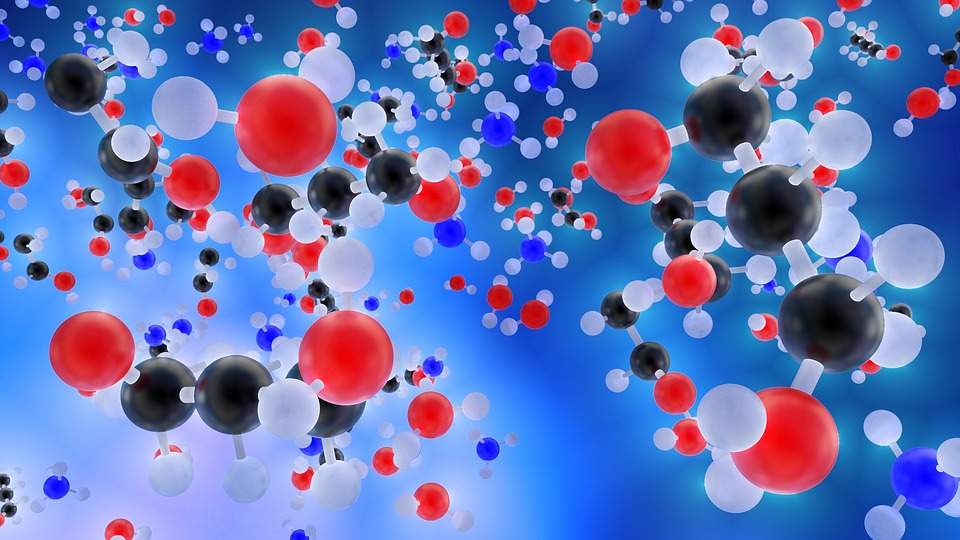New “tanning drug” to turn white skin brown without requiring exposure to the sun
06/17/2017 / By Isabelle Z.

People with pale skin have long struggled to get the golden tan that seems to come so easily for other people. Lighter skin tones tend to turn from white to red rather quickly, leaving people sunburned and frustrated. Now, scientists have developed a drug that can help these individuals tan without going out in the sun at all. This might sound like great news in theory, but there are a few caveats.
The drug, which is applied in cream form to the skin, allowed mice with red hair to develop a deep tan. These mice, much like humans with similar coloring, are especially vulnerable to damage from ultraviolet rays. While this breakthrough was first announced more than ten years ago, it has taken scientists until now to find a way to make human skin, which is much thicker, absorb it.
One of study’s authors, Dr. David Fisher, said: “Human skin is a very good barrier and is a formidable penetration challenge. Therefore, other topical approaches just did not work.”
Of course, it’s not a bad thing that the scientists had so much trouble finding ways for medication to penetrate our body’s biggest organ. Our skin has evolved to protect us, and going against its nature is probably not going to end well.
Samples of human skin in labs were used to test the substance, and they darkened according to the dose of cream applied in a tan that lasted several days. In the animal tests, the red-haired mice turned “almost jet black in a day or two”, but normal skin regeneration caused the color to fade in about a week. In the samples, eumelanin pigment was generated and then deposited near the surface of the skin in patterns similar to those seen in UV-induced tanning and pigmentation, which implies the same pigmentation pathway was activated.
Protection and color all in one?
The ultimate goal of the researchers is to develop a cream that can give people a tan without sunlight exposure while absorbing UV rays. Because people who tan easily or have darker pigmentation are less likely to develop skin cancer, it follows that such a cream could theoretically provide some protection against skin cancer for lighter-skinned people who need to spend lots of time outdoors. However, it’s not yet known what kind of trade-off there might be because safety studies have yet to be carried out.
It’s also not certain how protective the cream might be. A high intake of antioxidants also has a protective effect against sunlight damage, and it benefits your overall health in other ways on top of that. Antioxidants are found naturally in foods like berries and microalgae, and some people enlist the help of antioxidant supplements like astaxanthin.
The sun is not the enemy
While anything that can help prevent skin cancer is a welcome development, it’s also important to keep in mind that small amounts of sun exposure can actually be quite good for you. Human skin needs to be exposed to moderate amounts sunlight on a regular basis to produce sufficient levels of vitamin D. A deficiency in this crucial nutrient has been linked to issues like heart disease, renal failure, diabetes, and several types of cancer.
To get an adequate amount of Vitamin D, experts recommend that those with lighter skin get around 15 minutes of sun each day, while those with medium skin should aim for 25 minutes and darker-skinned people will require closer to 40 minutes to get the right balance. Sunscreen with an SPF as low as 30 can reduce the body’s ability to produce Vitamin D by 99 percent.
Even if such a medication can eventually give people the color they desire, spending moderate amounts of time in the sun will remain an important part of a healthy lifestyle.
Sources include:
Tagged Under: skin cancer, sunlight, tanning



















